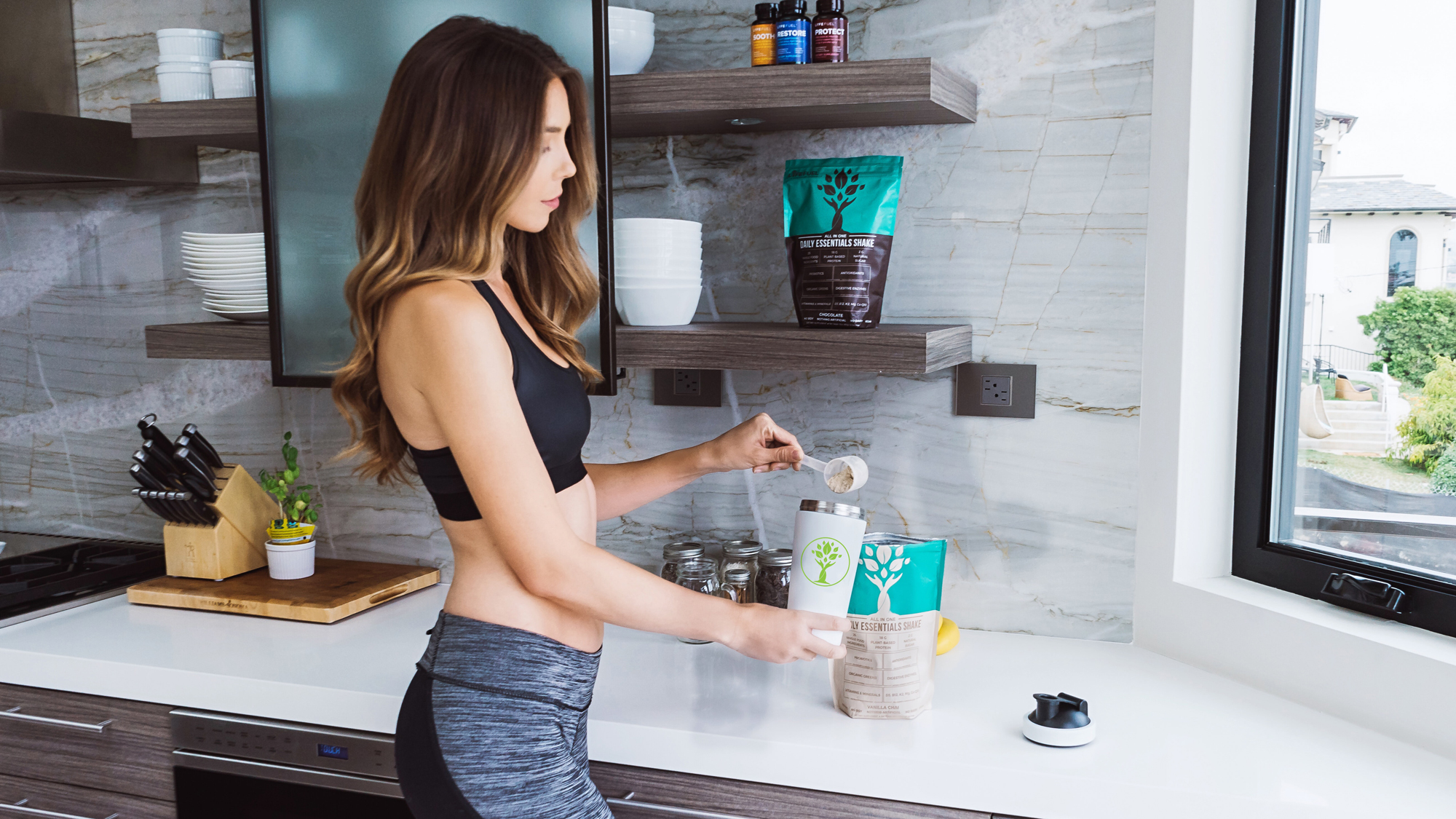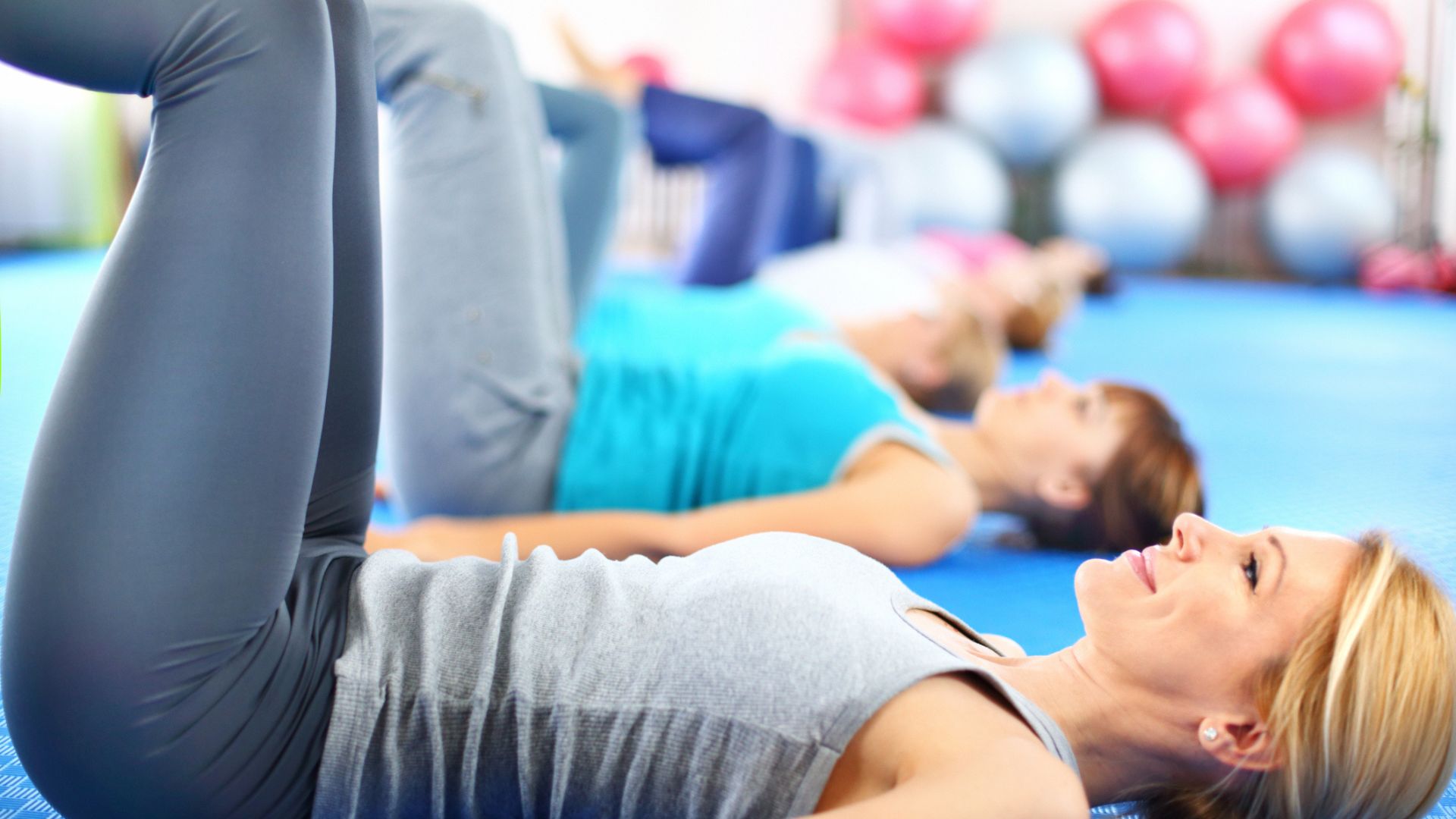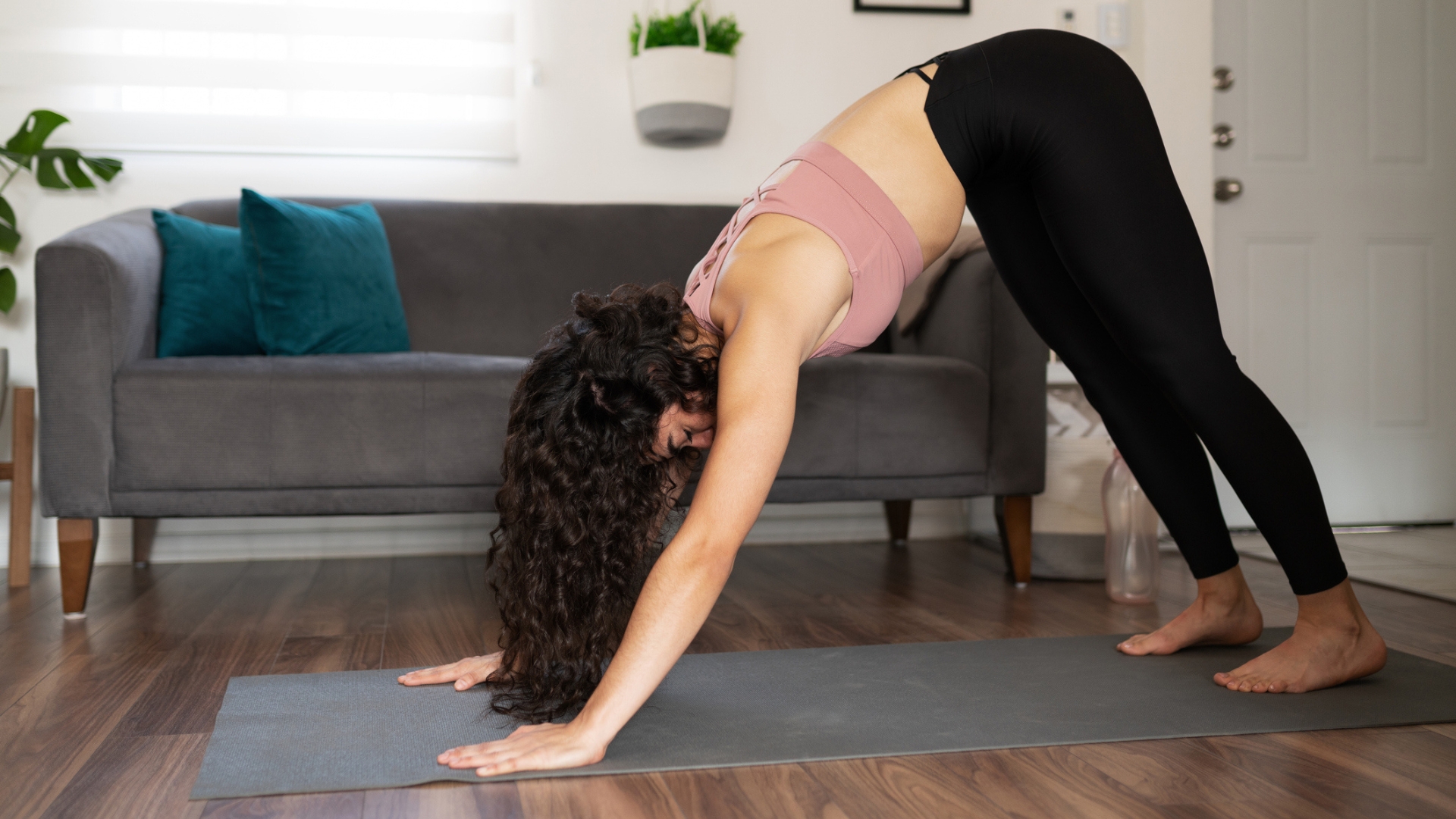Skincare supplements that work (and the ones that don't) according to an expert
An experienced doctor breaks down which supplements keep your skin looking young, and which ones to ditch


Keeping your skin looking healthy and young can seem like an impossible task. Not only do busy lifestyles seem to get in the way, our skin can also be damaged by late nights, hotter summers and supermarkets full of easy, unhealthy food. In addition, the natural ageing process ensures we lose a lot of collagen, which keeps our skin firm, and elastin, which keeps our skin tight.
Dr Ioannis Liakas, a consultant and medical director at cosmetics & medical firm Vie Aesthetics, says: "From as early as our 20s, we lose collagen at a rate of 1.5% per year. This results in wrinkles, fine lines and dry, blemished and thinning skin."
Naturally, a booming supplement market has sprung up around skincare, fuelling's people's desire to continue looking and feeling younger without compromising on their lifestyle. You might know the right supplements for your 30s, 40s and 50s, or the best supplements for joints, but your skin is a minefield all on its own. Studies have shown decreased collagen content in skin aged prematurely by excess sun, so it's only natural to want to top up our collagen levels with a pill or drink to fix it. But is it really all that simple?
Liakas says: "It is a common myth that you can drink collagen to achieve youth." He tells us that collagen supplements instead contain a mixture of micronutrients, vitamins, and minerals and collagen peptides, which are the building blocks for the body to start creating collagen on its own.
"In simple terms, peptides, which are made of amino acids, signal to the body that there is an injury, and our own healing process kicks in, producing collagen to heal itself. This process helps you achieve higher elasticity of your skin, which appears smoother, firmer and plumper. It also speeds up skin healing, reduces the appearance of cellulite and improves hair thickness and nail growth."

Which collagen supplements are right for me?
Liakas recommends opting for clinically-tested collagen drinks rather than pills or other oral supplements, as in liquid form, its contents is absorbed more efficiently into the body rather than being passed through the digestive system first.
Skin creams containing collagen-promoting peptides are also a good defence against fine and course wrinkles, according to science. Researchers from Colorado and California examined people who used a skin treatment containing antioxidants and collagen-promoting peptides twice daily, over the course of three months. The researchers found it effectively reduced the appearance of "fine and coarse wrinkles" both immediately during the study and over the long term.
Get the Fit&Well Newsletter
Start your week with achievable workout ideas, health tips and wellbeing advice in your inbox.
So, the answer when looking for the best skincare supplements to keep your skin young and healthy: opt for clinically tested products with collagen-promoting peptides, but stick to face creams and drinks rather than oral tablets.
What about vitamins?
"Vitamin C is a key player in the collagen synthesis because of its antioxidant properties, which also act like an adhesive which holds collagen fibres together, further strengthening the structural make-up of your skin’s cells," says Liakas. Vitamin C also has great benefits for our immune system and overall skin health. One study from New Zealand researchers found "normal skin contains high concentrations of vitamin C, which supports important and well-known functions, stimulating collagen synthesis and assisting in antioxidant protection against UV-induced photodamage."
The Vitamin B complex, particularly Vitamin B2 and B12, are also highly effective in maintaining skin’s collagen and promote healthy skin. B2 protects against oxidative stress, while B12 helps with the skin renewal cycle. Liakas says supplements which contain zinc can "help encourage collagen production and protect natural collagen, because it activates a collagenase- a protein which assists with the remodelling of collagen."
If you're having breakfast, a small glass of orange juice to pack in your vitamin C works well alongside your eggs, which are a great source of vitamin B. Eggs also contain a small amount of zinc, making this a great skin-protecting breakfast. However, if multivitamins are your thing, making sure these three are in your vitamin arsenal is the best way to go about it. We've got a comprehensive list of the best vitamins for women over 50, which you can check out here to safeguard your body against the signs of aging.
Matt Evans is an experienced health and fitness journalist and is currently Fitness and Wellbeing Editor at TechRadar, covering all things exercise and nutrition on Fit&Well's tech-focused sister site. Matt originally discovered exercise through martial arts: he holds a black belt in Karate and remains a keen runner, gym-goer, and infrequent yogi. His top fitness tip? Stretch.
-
 A Pilates instructor says this is the beginner-friendly core exercise everyone should try
A Pilates instructor says this is the beginner-friendly core exercise everyone should tryForget crunches, this is the perfect foundation move
By Alice Porter Published
-
 Prevent poor posture and release tension from sitting down with these four simple stretches from a yoga instructor
Prevent poor posture and release tension from sitting down with these four simple stretches from a yoga instructorThe daily poses he swears by, no matter what
By Alice Porter Published